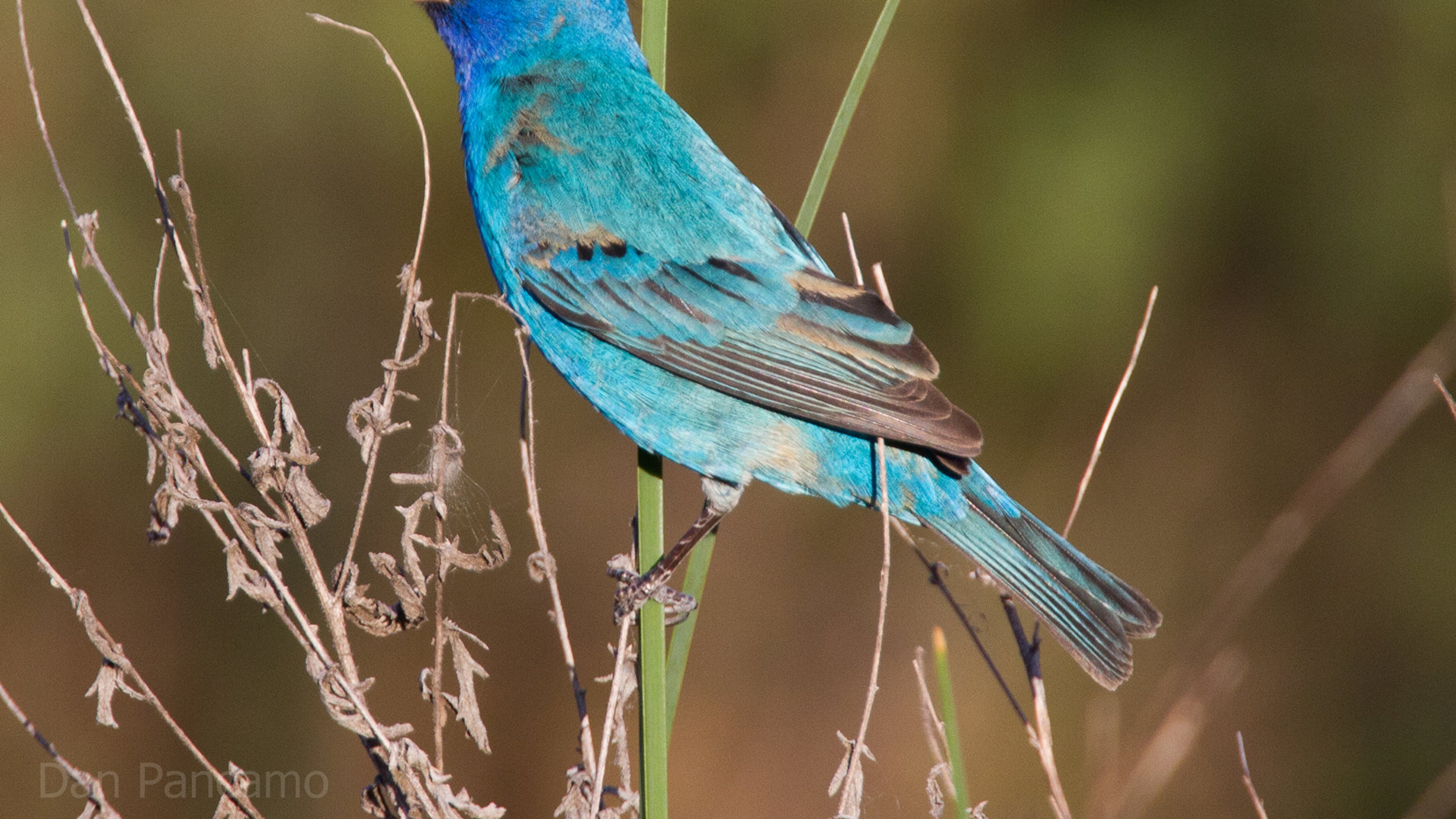Wild Georgia: State’s bird lovers chat it up online

Nearly every day, I check an online forum called Georgia Birders Online (GABO) and an online database called eBird for updates from fellow bird lovers on what birds are doing around the state.
The online tools are especially useful at this time of year for helping me find out which species are returning from winter grounds in Latin America for the nesting season. Here’s a sample of the most recent reports on GABO:
• Carol Lambert and Jeff Sewell in Tucker said this season’s first ruby-throated hummingbird, a male, showed up at their feeder on March 26 — nearly a week earlier than in recent years. Since then, a hummer has been at their feeder each day.
• Nancy Powella of Gwinnett County saw a blue-winged teal duck in the pond at the Clyde Shepherd Nature Center in Decatur. “We’ve not seen one before,” she said.
• Rick Taylor of Forsyth County saw a Wilson’s warbler along the creekside trail in Clyde Shepherd. (The Wilson’s warbler is not known to nest in Georgia but may pass through during migration on its way to breeding grounds up north.)
• Lynn Schlup of Oconee saw her “FOTS (first of the season) indigo bunting flying across the road.” She also heard the plaintive calls of her FOTS chuck-will’s-widow “when I walked outside.”
• Victor Carpenter of Savannah said a friend told him she regularly had a flock of beautiful ducks in her backyard there in the evening. “I went to check it out and, sure enough, they were (are) black-bellied whistling ducks,” he said.
• Veteran birder Mark McShane said he saw an eBird report from two fellow birders (Melanie Furr and Charlotte Main) that they had just counted some 100 migrating American golden plovers (a species of shorebird) at a location in Gordon County. So, he “scurried right over” there and saw a similar number. He’s still checking his results, but he said that, for him, it may be a “personal high count” for American golden plovers in Georgia.
From other GABO and eBird reports, I learned that wood thrushes, orchard orioles, Baltimore orioles, prothonotary warblers, Northern parulas, whip-poor-wills and several other species are now arriving in the state to nest.
IN THE SKY: From David Dundee, Tellus Science Museum astronomer: The moon is first quarter Saturday (April 9). Four planets are in the east a few hours before sunrise: Venus, Mars, Saturn and Jupiter.
Charles Seabrook can be reached at charles.seabrook@yahoo.com.

